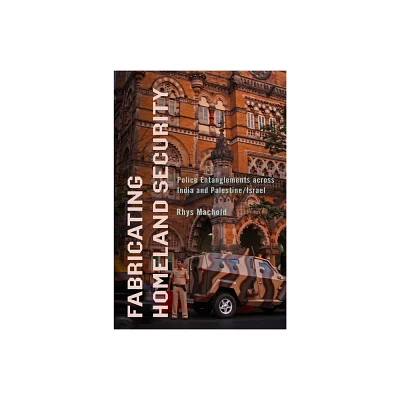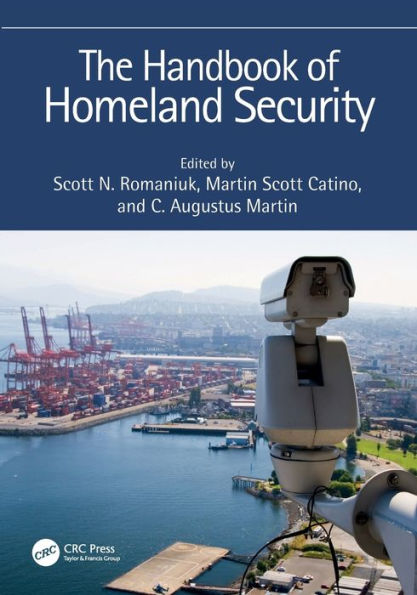Home
European Homeland Security: A Strategy the Making?
Loading Inventory...
Barnes and Noble
European Homeland Security: A Strategy the Making?
Current price: $190.00


Barnes and Noble
European Homeland Security: A Strategy the Making?
Current price: $190.00
Loading Inventory...
Size: Hardcover
*Product Information may vary - to confirm product availability, pricing, and additional information please contact Barnes and Noble
This book examines the processes and factors shaping the development of homeland security policies in the European Union (EU), within the wider context of European integration.
The EU functions in a complex security environment, with perceived security threats from Islamist terrorists, migration and border security issues, and environmental problems. In order to deal with these, the EU has undertaken a number of actions, including the adoption of the European Security Strategy in 2003, the Information Management Strategy of 2009, and the Internal Security Strategy of 2010. However, despite such efforts to achieve a more concerted European action in the field of security, there are still many questions to be answered about whether the European approach is really a strategic one.
European Homeland Security
addresses two major debates in relation to the development of homeland security in Europe. First, it reflects on the absence of ‘homeland security’ in European political debate and its potential consequences. Second, it examines the significant policy developments in the EU that suggest the influence of homeland security ideas, notably through policy transfer from the United States.
The book will be of great interest to students of European security and EU politics, terrorism and counter-terrorism, security studies and IR.
The EU functions in a complex security environment, with perceived security threats from Islamist terrorists, migration and border security issues, and environmental problems. In order to deal with these, the EU has undertaken a number of actions, including the adoption of the European Security Strategy in 2003, the Information Management Strategy of 2009, and the Internal Security Strategy of 2010. However, despite such efforts to achieve a more concerted European action in the field of security, there are still many questions to be answered about whether the European approach is really a strategic one.
European Homeland Security
addresses two major debates in relation to the development of homeland security in Europe. First, it reflects on the absence of ‘homeland security’ in European political debate and its potential consequences. Second, it examines the significant policy developments in the EU that suggest the influence of homeland security ideas, notably through policy transfer from the United States.
The book will be of great interest to students of European security and EU politics, terrorism and counter-terrorism, security studies and IR.


















